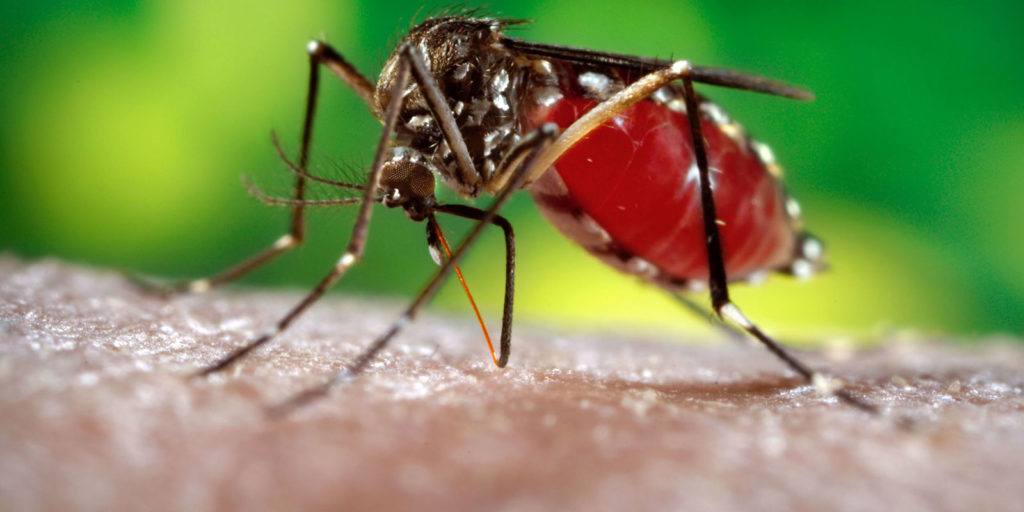
Sure, Mexico does have a few sprawling metropolises, but most probably regard the country as one struggling with uncultivated regions, lacking in many modern amenities, like plumbing.
Indeed, many parts of Mexico in the 21st century may seem like they were plucked from the history books.
But this week, Mexico is leading the world in one of the most important modern medical advances: approving a vaccine for dengue fever.
Dengue fever—also known as breakbone fever—is a vector-borne disease that infects roughly 400 million people per year, resulting in at least 500,000 hospitalizations and an estimated 22,000 deaths across more than 100 countries. Transmitted mostly by mosquito, cases of dengue fever have been on the rise over the past decade or so, spreading out from the native tropical and subtropical regions where it had been localized and isolated from the rest of the world.
As a matter of fact, the World Health Organization indicates that dengue fever is the fastest growing vector-borne (mosquito-transmitted) disease in the world today.
“Dengue is a growing health threat in Mexico and many other tropical and subtropical countries in Latin America and Asia,” explains José Luis Arredondo García, who is the associate director at National Institute of Pediatrics. He goes on to say, “The first vaccine to approved to prevent dengue fever is a major innovation and a public health breakthrough. Dengvasia will be a critical addition to integrated dengue prevention and control efforts.”
Symptoms for dengue fever can include high temperature, of course, as well as join and muscle pain. In more severe cases dengue fever can also cause hemorrhagic fever: bleeding and shock. More severe cases can, unfortunately, also result in death. Typically, the first symptoms will appear within a week of infection and then usually last about a week.
As far as leading the world in this medical advancement, clinical trials have so far shown the new dengue fever vaccine can decrease risk for developing dengue by as much as 60 percent. Of course, this is not necessarily a high rate of efficacy for a vaccine, but it does show promise and, until more progress is made, could still save thousands of lives a year.








